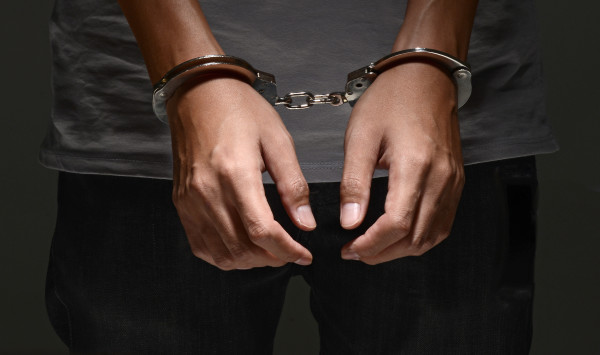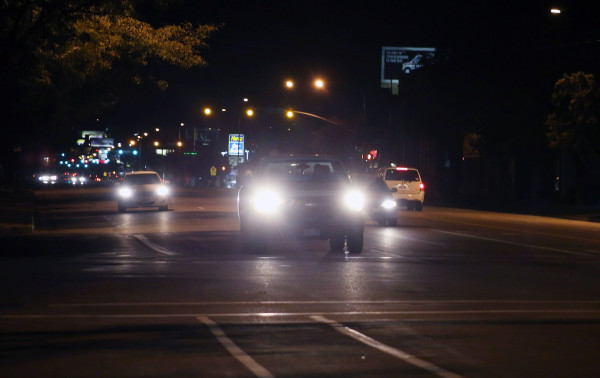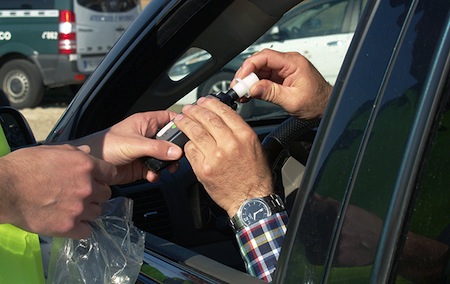
A lawyer can only do so much. If you make certain decisions or take certain actions, you can severely hinder your case and make it much more difficult for your Austin DWI defense lawyer to mitigate the charges, or get you acquitted. Below are five ways to ensure you actually lose your Austin criminal defense case
1. Not Hiring an Experienced Austin DWI Defense Lawyer
It is so frustrating to see people try and fight the system alone and get eaten up by a seasoned prosecutor in court. Keep in mind, prosecutors spend their days in court. Most prosecutors enjoy arguing before a judge or jury. If you try and fight your DWI charge pro se (i.e. on your own) there is a good chance you will wind up with a guilty verdict and serious criminal penalties (along with a criminal record). Do not make this mistake. Speak to an experienced Austin DWI defense attorney to advocate for your Constitutionally-protected rights.
2. Allowing Police to Ask You Questions After You’ve Been Arrested
“You have the right to remain silent…” This is the opening salvo of the well-established Miranda warning. Unfortunately, many people do not exercise this right and decide to talk to their arresting officer on the way to the police station. Or, they talk to police officers for hours on end at the station without ever asking to speak to a lawyer. This is a huge mistake since virtually every statement you make post-arrest could potentially be used against you in court. So, if you are charged with a DWI, remain silent and ask to speak to an attorney asap.
3. Accepting the Field Sobriety Test Results
Many people think that if they blew a 0.08 or higher, they are automatically guilty of a DWI. This is simply not accurate. Sobriety test results can be challenged in court and there are numerous cases where these results were determined to be invalid based on defenses such as:
- The test operator did not have a current certification in administering the Breathalyzer;
- The Breathalyzer lacked certification; and/or
- The Breathalyzer was not calibrated correctly.
4. Ignoring the Advice of Your Lawyer
You hired an experienced, qualified DWI defense lawyer. They are working to keep you out of jail and/or to avoid a criminal record. If they give you legal advice, follow it. Unfortunately, this does not always happen. For example, when your lawyer advises you about the attorney-client privilege and the fact that you do not have to tell anyone, and should not tell anyone, your private conversations with your attorney, some people freely talk about their discussions, which may come back to hurt them if the case is tried in court. Another major mistake is being dishonest or consciously withholding information from your lawyer. For example, if you have a prior DWI conviction, that is highly probative information your lawyer must know. Do not think you can just not tell anyone and no one will find out.
5. Posting Statements About Your Case on Social Media
After you are charged by police, social media posts on Facebook, Twitter, etc. can actually be admitted as evidence against you in court. Therefore, do not post anything about your charges, about the police, or about your lawyer while your case is active. Given the advent of social media in the past few years, it seems like people do not fully realize that what you post online can, and likely will, follow you and could be shown to a judge or jury in court.
Consult an Experienced DWI Attorney Today
As you can see, there are many ways you can wind up severely hurting your Austin criminal defense case. You should contact the experienced, knowledgeable and aggressive Austin criminal defense attorneys at The Law Office Of Robert L. Buford. We will protect your rights and advocate on your behalf.











Recent Comments